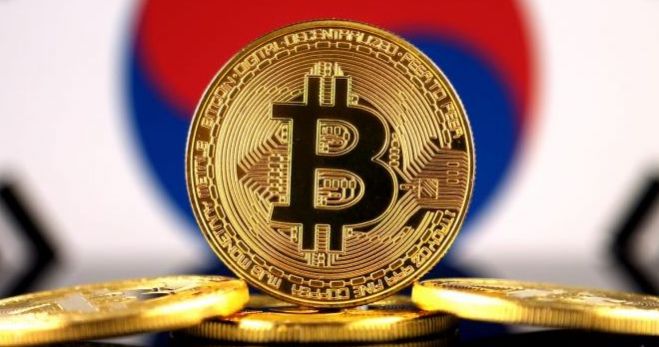The reason for South Korea's refusal to close the cryptology

More than 100,000 South Koreans signed petitions asking the government to step back from any plans to close the crypto-exchange exchanges in the country, but to what consequences did it lead to attempts to quickly begin regulating one of the largest cryptornics in the world?
Earlier this week, the South Korean Ministry of Justice announced that it was preparing legislation to close online exchanges because of the speculative boom associated with the crypto currency. These events were connected with the fact that the tax authorities are pursuing some crypto-instruments in Korea.
The public reaction to the proposed move seems to be gaining momentum. On the web site of the president of Korea, Blue House, since January 10, more than 4'000 applications related to "virtual currencies" have been submitted.
One petition was devoted to the fact that the Minister of Justice resigned. This petition received more than 30'000 signatures. According to Reuters, only one application attracted more than 100'000 signatures, and the site itself became unavailable at some point due to excessive traffic.
Another petition compared the trade in crypto-currencies with the stock market, but argued that the latter is much more speculative.Another petition, which involves the development of new rules and calls on the government to consult with the wider community, before receiving such rules, has received great support from citizens.
All these actions prompted a quick rollback in the actions of the South Korean government - in particular, the presidential office said that there is no final decision regarding the Crypto-currency .
Pushing the opposition
It is reported that other members of the political scene in Korea also became active.
The new report of the Korean daily The Hankyoreh says that the leaders of several opposition parties are turning to criticism of what they consider " one-sided suppression without any discussion or debate . " One deputy from the opposition said that the ban is not a state position, but rather that the justice ministry and, perhaps, the president, see it as correct without taking into account the interests of the people.
The legislator continued:
"The government announcement should be based on detailed reviews and coordination. If there is a problem, we must warn people and prepare an action plan in advance."
The way to regulation
In recent months, the government is making efforts to limit what it calls " speculation related to crypto-currencies . "
These efforts include new rules for regulating the activities of banks working with crypto-exchanges. On January 8, regulators checked six banks under the pretext of enforcing compliance with new rules, including strict rules for customer identification, among other measures.
As reported by the Korea Times , instead of meeting the new government requirements, some banks said they would simply stop working with crypto-exchanges.
The largest bank of South Korea, Shinhan Bank, said on Friday that it will close all accounts related to crypto activities, so as not to continue to comply with the new rules regarding their use.
A representative of the bank said that Shinhan Bank initially built the system in accordance with the rules, before there was a new model for regulation:
"We have developed a system for the introduction of customer identification accounts , working with crypto-currencies, in accordance with the efforts of the government to suppress criminal activities. However, we decided to abandon the service that allows us to trade digital tokens, which have become a serious social problem."